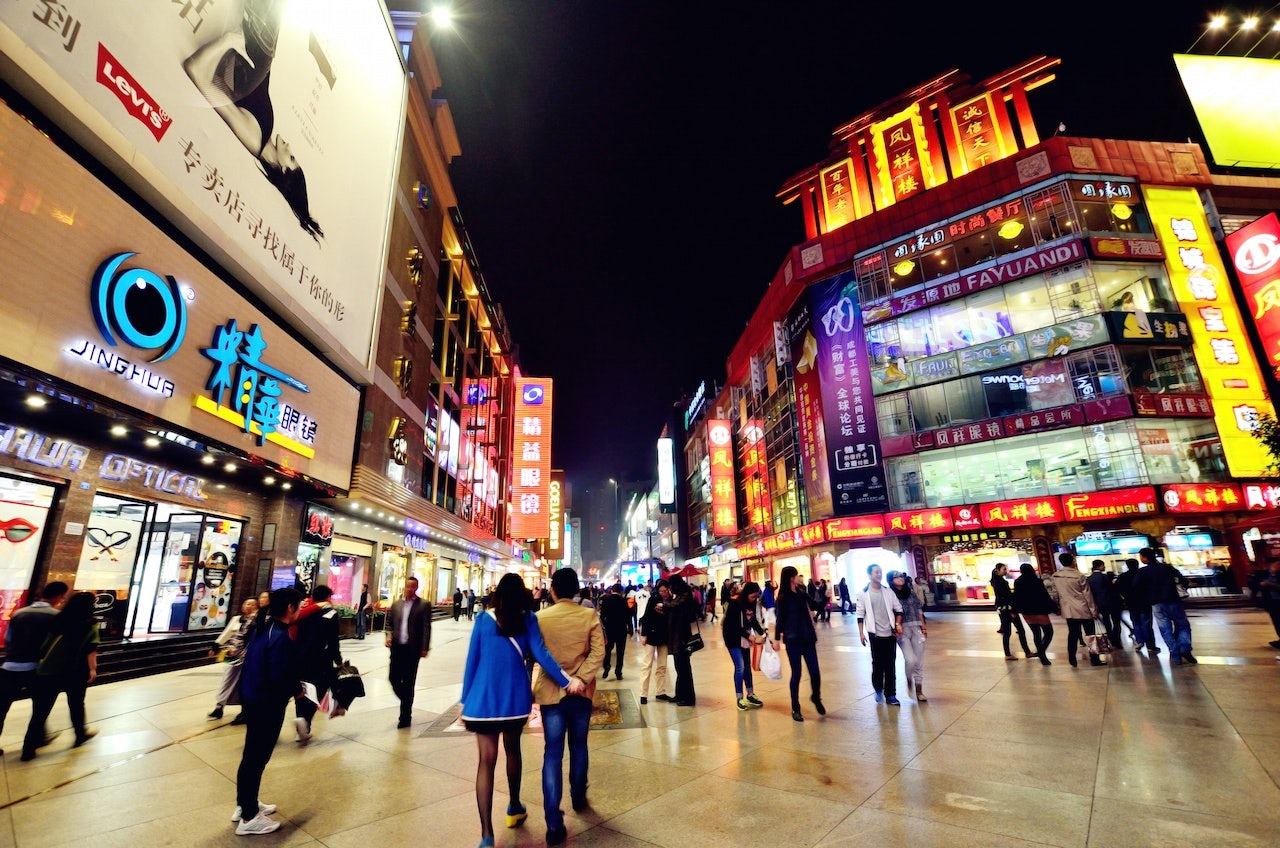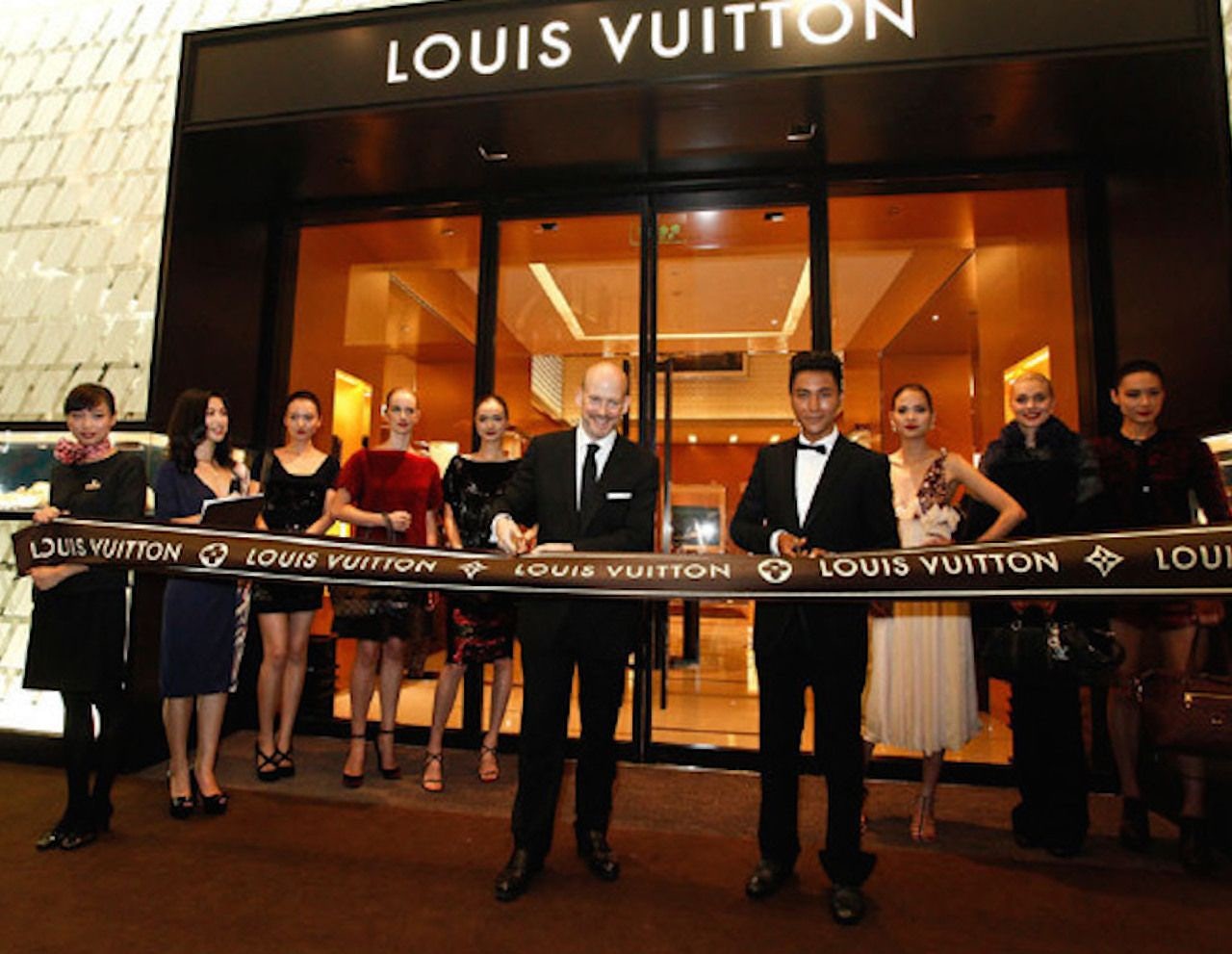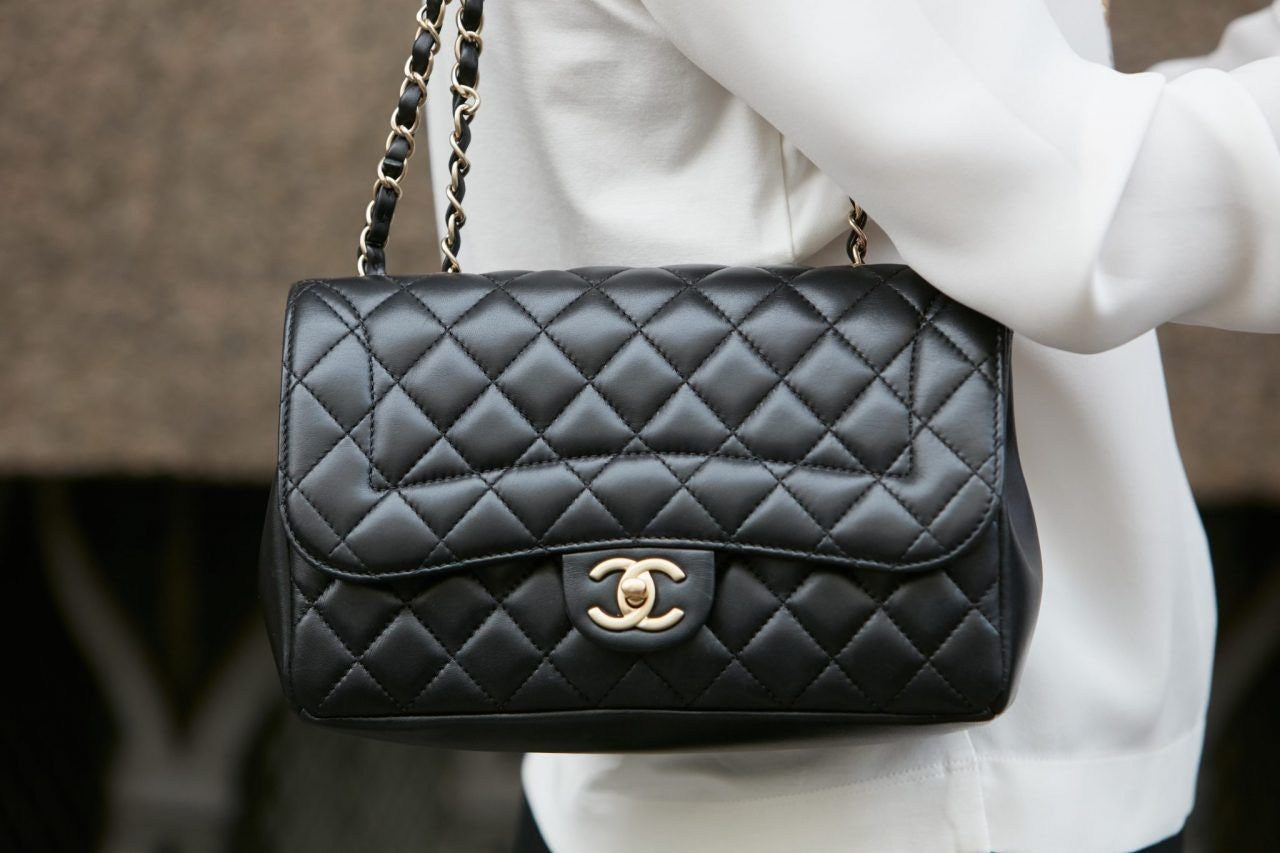Chengdu is not one of the richest or most populous cities in China. Home to 10.6 million people, it's only the sixth largest city by population, and its GDP of 1.39 trillion RMB ranks eighth. Yet it is the third biggest luxury market in China, just behind Shanghai and Beijing.
Chengdu's status as one of the top cities for luxury brands is evident in the performance of its malls. The city in Sichuan Province is home to Swire Properties' only high-end mall in Western China, Sino Ocean Taikoo Li, which has achieved double-digit growth since opening in 2014. Another mall, Chengdu IFS, turned over 3.85 billion RMB in 2016, a 17 percent increase from 2015. Luxury department store Lane Crawford chose Chengdu as its third location in mainland China, after Beijing and Shanghai.
So why is Chengdu so receptive to luxury brands and high-end malls?
1. The Local Bling Culture#
“People in Chengdu prefer to dress head to toe in luxury labels," said Jingyi Hu, 25, a Chengdu native. “Luxury goods are almost necessities in their lives.”
“College students with little or no disposable income would purchase a luxury item on monthly installments,” Hu said. She also told us that the second-hand luxury trade and daigou (unlicensed resellers) have prospered in the city.
In part, the bling-obsessed culture is a byproduct of Chengdu’s history and geography. Since ancient times, Sichuan Province has been known as a land of abundance (天府之国), being one of the most fruitful food production bases in China. Frequent earthquakes help give locals a ‘living in the moment' attitude, which is reflected in consumer attitudes: I'll have whatever I want, right now.
A recent survey showed that more than 80 percent of local consumers buy luxury goods for their own use, instead of gifting. It is these locals, not visitors, who purchase 60 percent of Chengdu's luxury products. That's very different to Hong Kong, for instance, where luxury sales rely heavily on mainland Chinese tourists.
2. It's a Gateway#
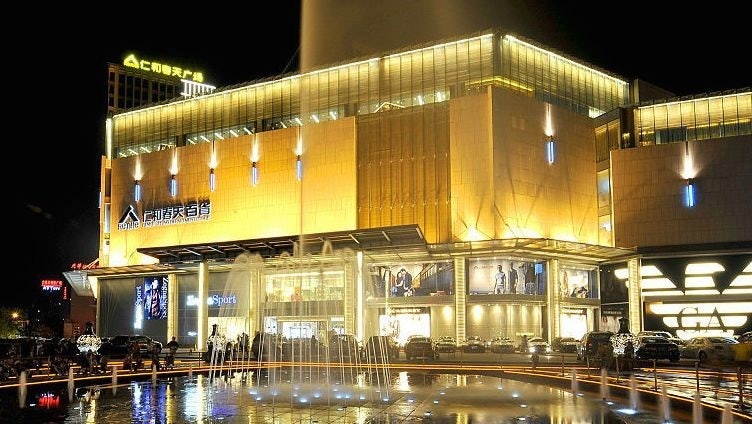
Every weekend in the Chengdu Renhe Spring Department Store parking lot, you can spot dozens of vehicles with license plates from outside Chengdu. The city attracts affluent people from surrounding areas such as Yunnan, Tibet, and Xinjiang. For them, cities like Beijing, Shanghai, and Shenzhen are too far east, and Chengdu offers a similar level of luxury shopping at much closer proximity.
Tourists are also drawn to Chengdu by its pandas and cuisine, perhaps the most renowned in China, and brands have begun to take advantage of luxury-loving tourist arrivals in Chengdu. At the end of 2013, Armani chose Chengdu to build its first residential project in China, a 65-story building named the “Art Residence".
3. It's a Test Kitchen#
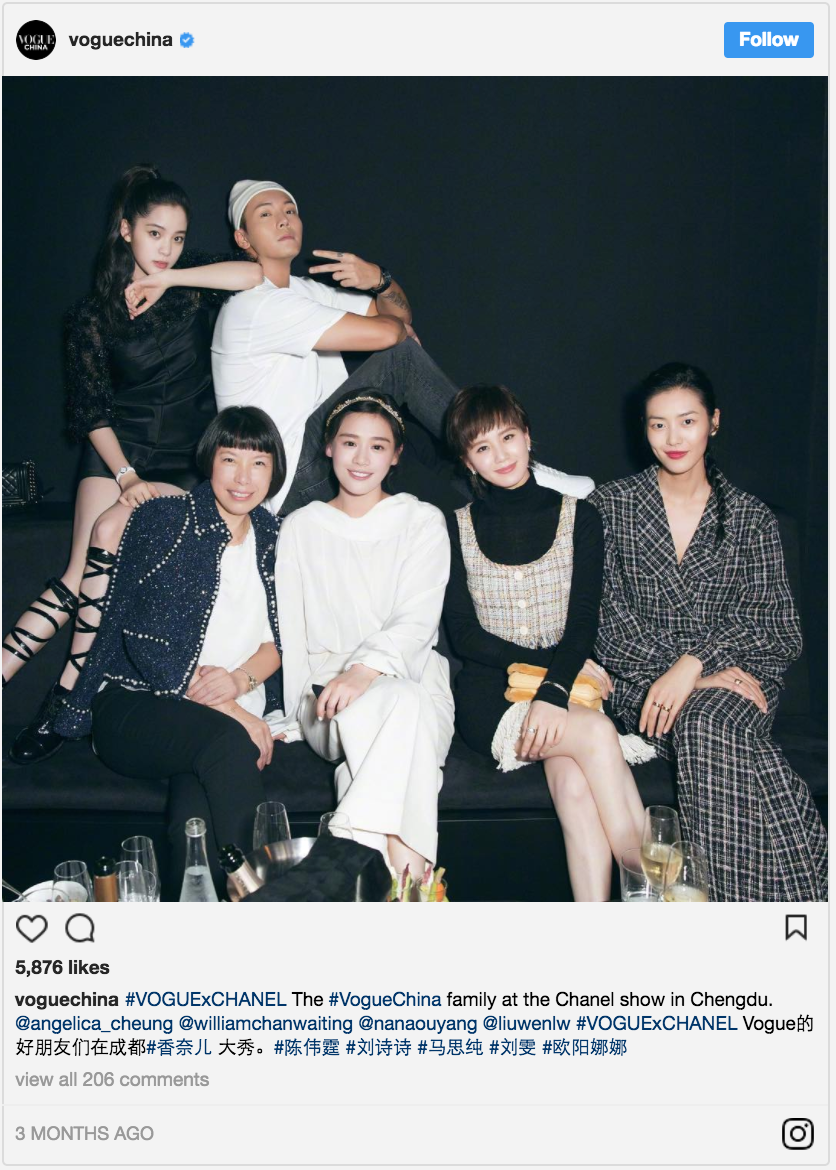
As first-tier cities have become increasingly saturated with luxury brands, many are trying to expand to lower-tier cities. Because of its perfect blend of local consumers and lower-tier city tourists, Chengdu presents an opportunity for brands to test their products and marketing strategies with a different crowd.
French luxury brand Chanel hosted its 2018 Resort collection fashion show in Chengdu. And in March last year, Victoria's Secret announced its fifth flagship store in the world will be built on 2,300 square meters of prime real estate in Chengdu. That speaks to Chengdu's status as a fashion capital. The other four are located in global megacities New York, London, Shanghai, and Moscow.
